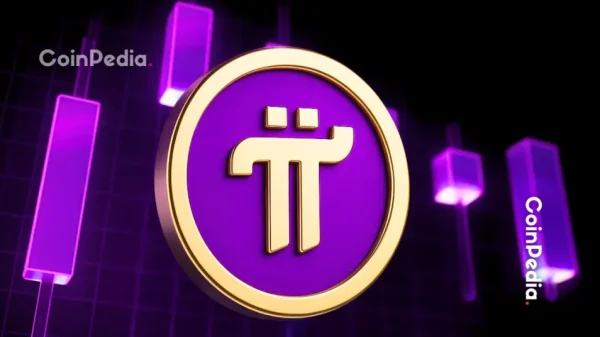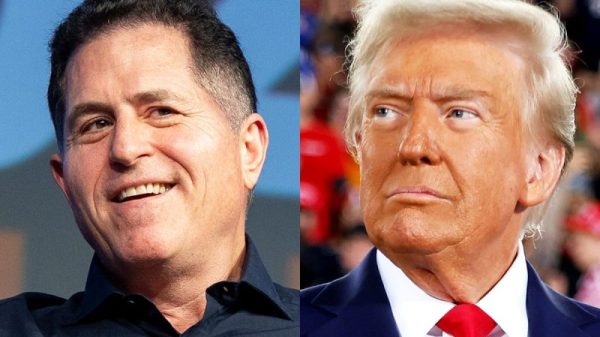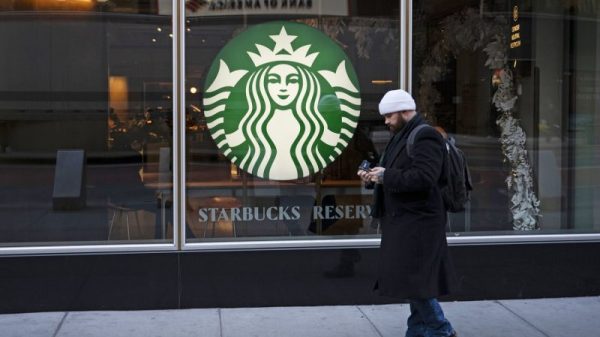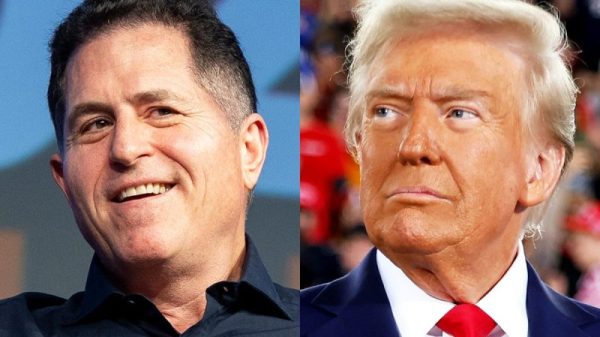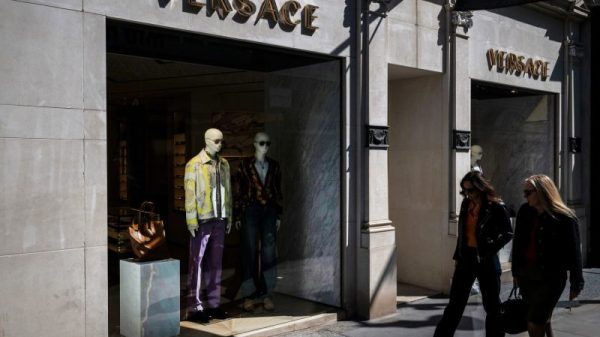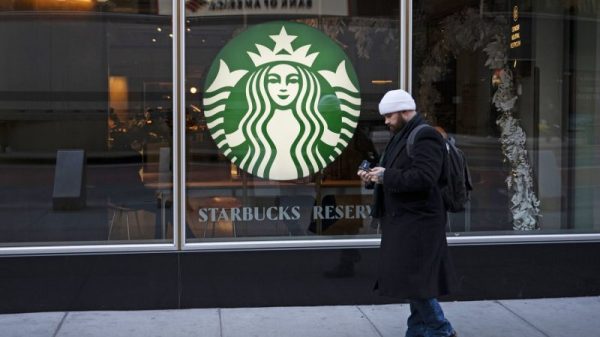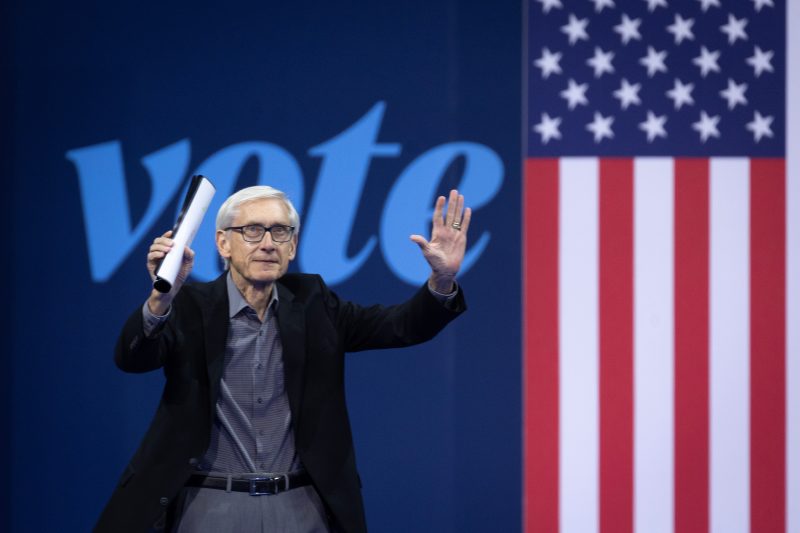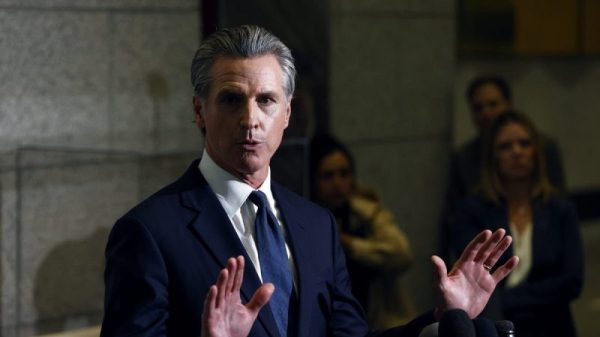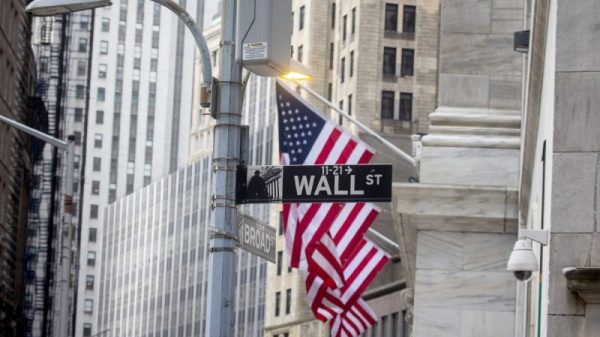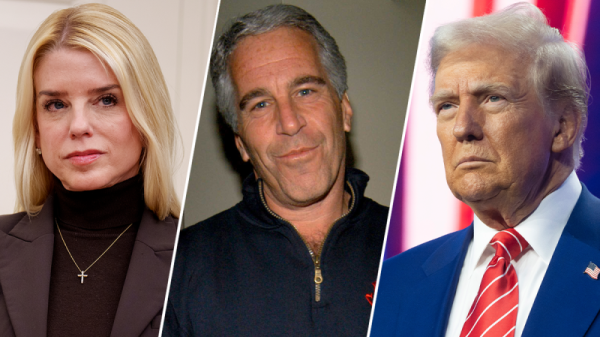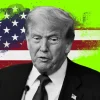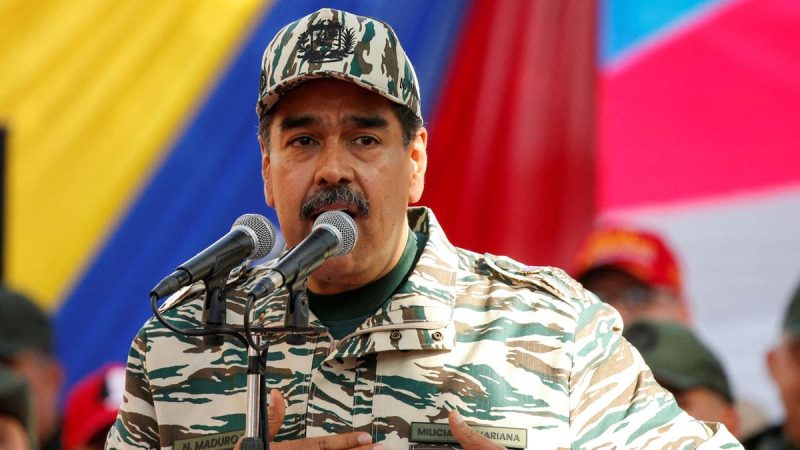
The State Department is again warning Americans not to travel to Venezuela due to high levels of crime and civil unrest under the socialist dictatorship of Venezuelan President Nicolás Maduro.
The department has re-issued a ‘Level 4: Do Not Travel’ travel advisory, its most serious warning.
‘Do not travel to Venezuela due to crime, civil unrest, kidnapping, and the arbitrary enforcement of local laws,’ the notice on the State Department’s website reads. ‘Reconsider travel due to wrongful detentions, terrorism, and poor health infrastructure.’
‘Violent crimes, such as homicide, armed robbery, kidnapping, and carjacking, are common in Venezuela,’ the notice reads.
The State Department says there is a ‘high risk of wrongful detention of U.S. nationals in Venezuela’ and that security forces have detained U.S. citizens for up to five years, with the country not generally notifying the U.S. about detentions or granting access to citizen prisoners there.
Political rallies and demonstrations occur, often with little notice, the advisory states.
‘Anti-Maduro demonstrations have elicited a strong police and security force response, including the use of tear gas, pepper spray, and rubber bullets against participants, and occasionally devolve into looting and vandalism. Shortages of gasoline, electricity, water, medicine, and medical supplies continue throughout much of Venezuela.’
Maduro is vying for re-election against Edmundo Gonzalez, a veteran ex-diplomat who was named the main opposition candidate after primary winner Maria Corina Machado had a ban on holding office upheld by the Supreme Court, a move condemned by the U.S. at the time. Machado has since given Gonzalez her backing.
The U.S. reimposed oil sanctions on OPEC-member Venezuela last month, accusing Maduro of not fully complying with deals reached with the opposition to ensure free and fair elections. With a recent poll showing any candidate backed by Machado having more than double Maduro’s support, opposition members have warned the ruling Socialist party could take action to bar Gonzalez from appearing on the ballot.
Maduro’s 2018 re-election was rejected by Western governments.
In March 2019, the State Department withdrew all diplomatic personnel from the U.S. Embassy in Caracas and suspended all consular services as well as routine and emergency services.
‘The U.S. government has no ability to provide emergency services to U.S. citizens in Venezuela. U.S. citizens in Venezuela who require consular assistance should try to leave the country as soon as safely possible to do so and should contact a U.S. embassy or consulate in another country.’
Meanwhile, the State Department also says that Colombian terrorist groups operate in Venezuela’s border areas with Colombia, Brazil and Guyana.
The notice comes at a time when Venezuelans are fleeing the country in droves and heading to the U.S.
The Federation for American Immigration Reform issued a report in January highlighting how the number of Venezuelans coming to the border has skyrocketed from 50,000 in FY 21 to nearly 335,000 in FY 23.
The report also expresses concern about the potential for gang members from Venezuela to enter the U.S., as well as concerns about terrorism, given Venezuela’s close ties with Iran, which in turn sponsors Hezbollah and Hamas. It notes past congressional hearings that have highlighted how Venezuela has provided militants with travel documents.
Reuters contributed to this report.

